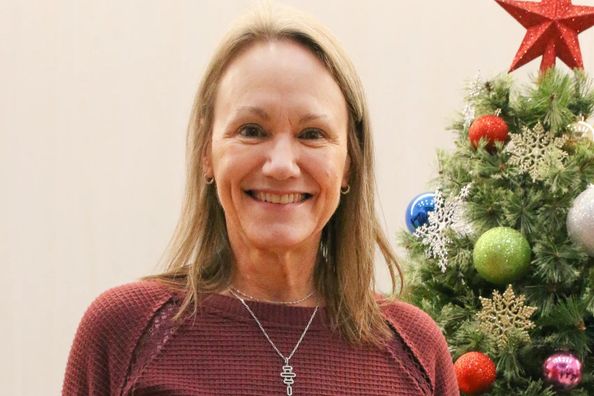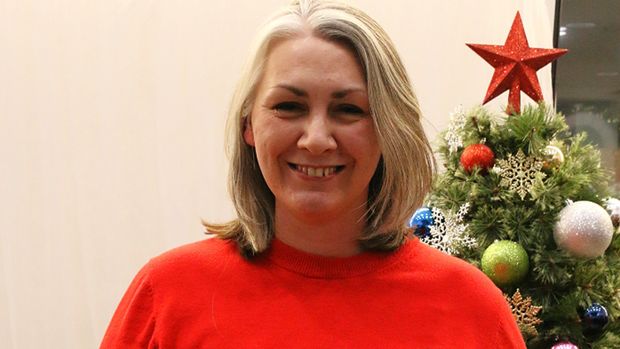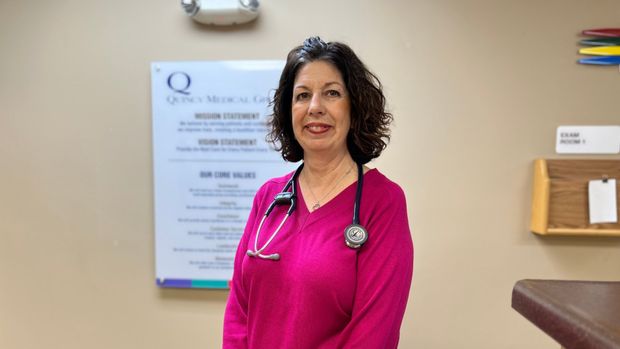Gender-affirmation care refers to treatments that support a transgender or nonbinary person in their gender transition. This care involves a team of healthcare professionals, including an endocrinologist.
Quincy Medical Group (QMG) Endocrinologist Niharika Yedla, MD, provides gender-affirming hormone therapy for individuals who are gender dysphoric/gender incongruent. Gender incongruence is defined as the mismatch an individual feels as a result of the discrepancy experienced between their gender identity and the gender they were assigned at birth. Gender dysphoria is the feeling of discomfort or distress that might occur in people whose gender identity differs from their sex assigned at birth or sex-related physical characteristics.
“Gender affirmation is multidisciplinary treatment. Gender-dysphoric/gender-incongruent persons seek and/or are referred to endocrinologists to develop the physical characteristics of the affirmed gender,” explained Dr. Yedla. “They require a safe and effective hormone regimen that will (1) suppress endogenous sex hormone secretion determined by the person’s genetic/gonadal sex and (2) maintain sex hormone levels within the normal range for the person’s affirmed gender.”
This treatment is just one part of an individual’s overall care. Dr. Yedla said those seeking gender-affirming hormone therapy work in partnership with a care team.
“A patient’s treatment team includes an appropriately trained clinician, such as an endocrinologist, and a mental health provider who has sufficient training and experience in assessing psychopathology, and who is willing to participate in the ongoing care throughout the endocrine transition,” she explained.
Dr. Yedla explained the criteria for gender-affirming therapy includes the following:
- Persistent well-documented gender dysphoria (a condition of feeling one’s emotional and psychological identity as male or female to be opposite to one’s biological sex) diagnosed by a mental health professional well versed in the field;
- Capacity to make a fully informed decision and to consent for treatment; and,
- Good control of significant medical and/or mental comorbid conditions. The Endocrine Society recommends against pre-pubertal treatment.
If you are experiencing signs of gender dysphoria or gender incongruence, Dr. Yedla said you should first speak to a mental health provider who is knowledgeable in both.
Health Topics:







